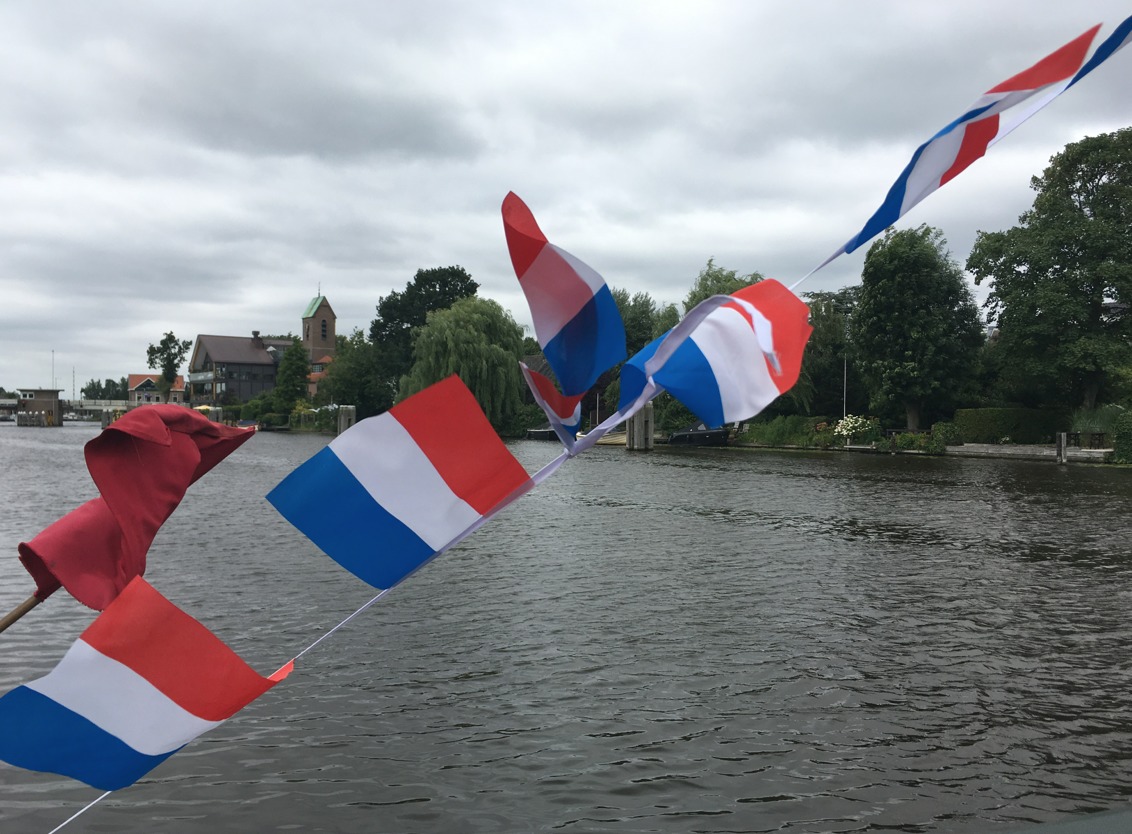Speaking the language essential to be considered “really Dutch”
Claudia Delpero
The vast majority of people in the Netherlands – 96% – consider being able to speak Dutch is a key factor in belonging to the country, with 64% rating it as “very important”.
The Pew Research Center, a US-based think tank, explored attitudes towards the importance of language, customs and traditions, birthplace and religion as components of national identity. The survey was carried out in 23 countries worldwide.
Language was by far the most valued of the four dimensions. Across the countries surveyed, a median of 91% said being able to speak the language was important to be considered a ‘true national’, with the strongest opinions expressed in Hungary, Indonesia and the Netherlands (all at 96%). In Europe, the Dutch were followed by the French (95%) and Polish (94%).
While ideological affiliations could make a difference in such responses, in the Netherlands the political divide was minimal, as these views were shared by 98% of respondents leaning to the right, 95% in the centre and 92% on the left.
Sharing the country’s customs and traditions was also seen as an important factor for belonging, according to the survey, with four in five respondents across all countries sharing this view.
The percentage was highest in Hungary, Indonesia, Mexico and Poland (all above 90%) but in the Netherlands it stood at 78%. The political divide among Dutch respondents was however bigger than for language, with 58% of left of centre voters agreeing with the statement, compared with 85% on the right.
Having been born in the country is generally considered less important, and in the Netherlands, 62% of respondents said they do not consider place of birth as important for belonging.
Even among right-wing voters, fewer than 50% (47%) see being born in the Netherlands as a key factor for national identity. However, it is Sweden where the highest proportion (81%) said place of birth is not important to be considered truly Swedish.
Religion not a key issue
The research also found that countries with a lower GDP per capita tend to place greater emphasis on the birthplace than high-income ones (which are also home to a higher share of migrants).
“In most countries, people with a lower level of education tend to see being born in the country and being a member of the country’s primary religion as important components of national identity,” the study also said.
Across the 23 countries, 42% said being member of the predominant faith was a matter of national identity, while in the Netherlands, 73% of respondents did not see this as an important factor.
Thank you for donating to DutchNews.nl.
We could not provide the Dutch News service, and keep it free of charge, without the generous support of our readers. Your donations allow us to report on issues you tell us matter, and provide you with a summary of the most important Dutch news each day.
Make a donation